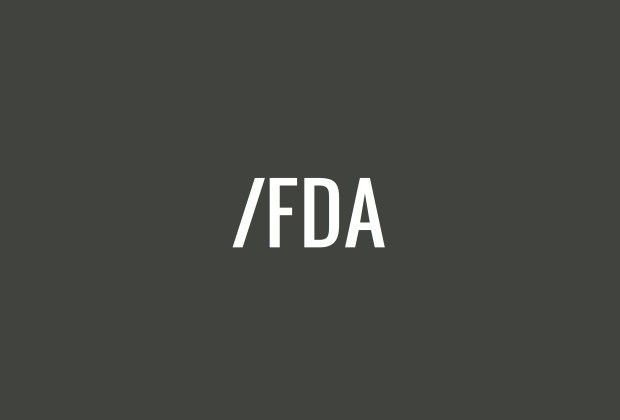As expected, a federal appeals court will allow for a 120-day delay of FDA’s substantial equivalence deadline—currently set for May 12—due to the coronavirus COVID-19 pandemic. The decision will give cigar companies an additional four months to prepare necessary documents so that their cigars can remain legal to sell in the U.S.
Today, the U.S. Court of Appeals for the Fourth Circuit granted a motion that would allow an agreement in place to delay the deadline. Multiple courts and parties are involved due to the complex nature of the legal situation regarding the May 12, 2020 deadline. A couple more procedural steps will be taken, but today’s order was the last uncertain hurdle for delaying the substantial equivalence deadline to Sept. 9, 2020, all other parties involved had agreed to delay except the appeals court.
The process now moves back to the U.S. District Court for the District of Maryland where Judge Paul Grimm will change his indicative order. Once that happens, the U.S. Food & Drug Administration (FDA) will change its deadline to Sept. 9. Both Grimm and FDA have already agreed to the 120-day delay.
Grimm and the Maryland-based court are involved because a coalition of anti-tobacco health groups and doctors in Maryland sued FDA in 2018 claiming that the agency had no authority to delay the deadlines for product approval, notably the PMTA pathway for e-cigarettes and vaping products, for three years. FDA lost the lawsuit and Judge Grimm ordered the agency to come up with a new deadline for product approval, throwing out the August 2021 deadline. The health groups and doctors did not oppose the 120-day delay, though have stated they would oppose any additional delays.
A variety of parties have sued over Grimm’s decision including the cigar industry, the e-cigarette industry and FDA itself. Some of those matters are still in front of the U.S. Court of Appeals for the Fourth Circuit. Last week, eight cigar companies and two cigar trade groups asked a different federal court for an indefinite delay in this deadline.
FDA itself asked the courts for the 120-day delay after hearing from various companies that coronavirus was impacting their ability to produce the necessary submissions for product approval. The agency also stated that coronavirus was affecting its work but declined to say whether coronavirus would delay its ability to quickly approve or reject substantial equivalence applications.
Substantial equivalence is expected to be the main approval process for cigars once FDA’s regulations are fully in effect. In short, a manufacturer would argue that its product is substantially equivalent to an already approved or grandfathered product, and as such poses no additional health risks and does not market towards children.
Cigar manufacturers are required to either file for substantial equivalence or grandfather status by the deadline—still legally May 12, 2020—in order for their cigars to stay on the market. If they fail to do so, that product must be removed from sale in the U.S. and will not be able to be sold until FDA approves the report.
Complicating matters is that FDA has still not issued an update on its planned new procedures for substantial equivalence and also never issued guidelines from HPHC testing for cigars and other tobacco products. In January, FDA indicated that premium cigars were its lowest priority and that it would handle enforcement in a corresponding manner, though its unclear what that means.


